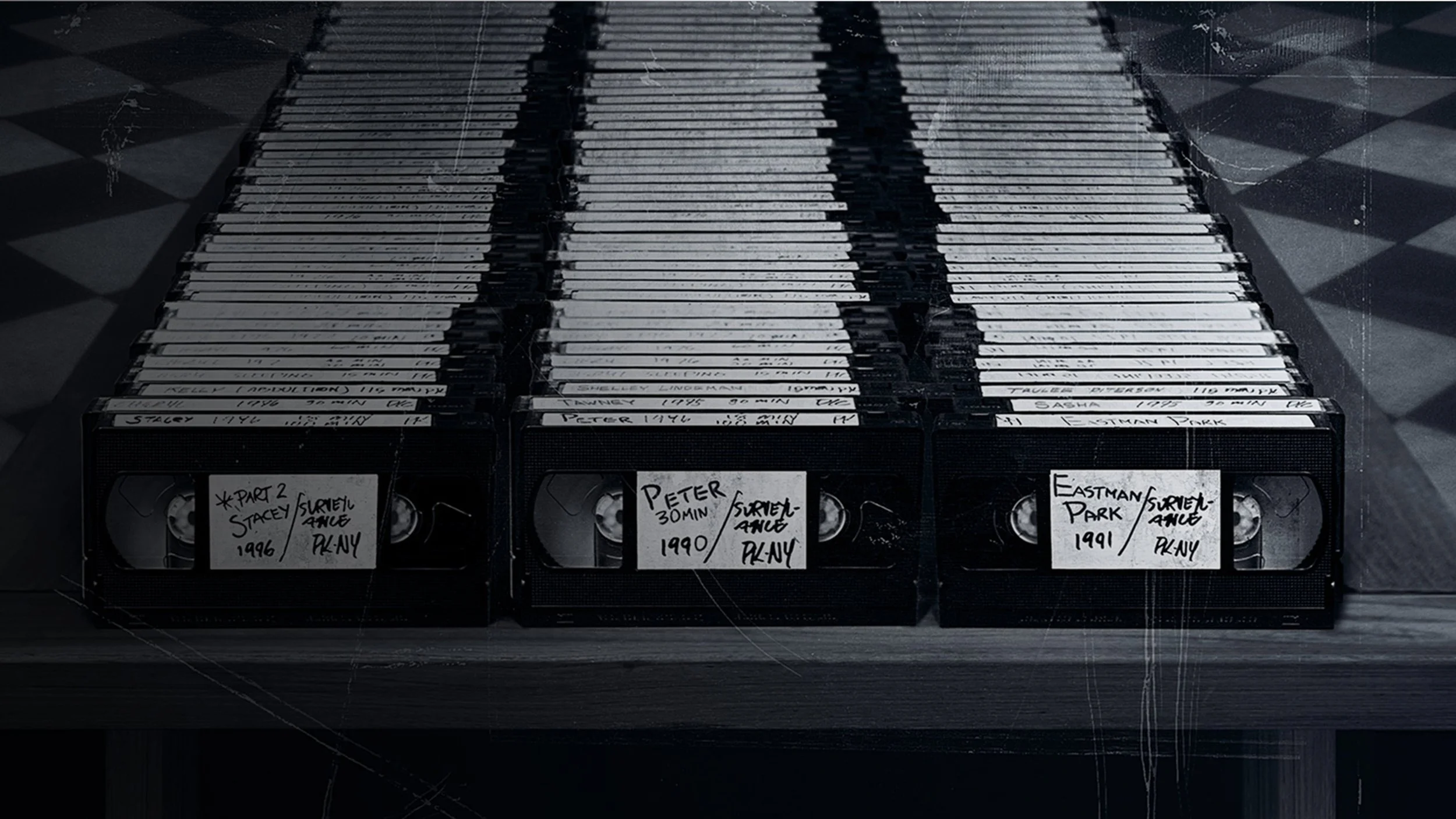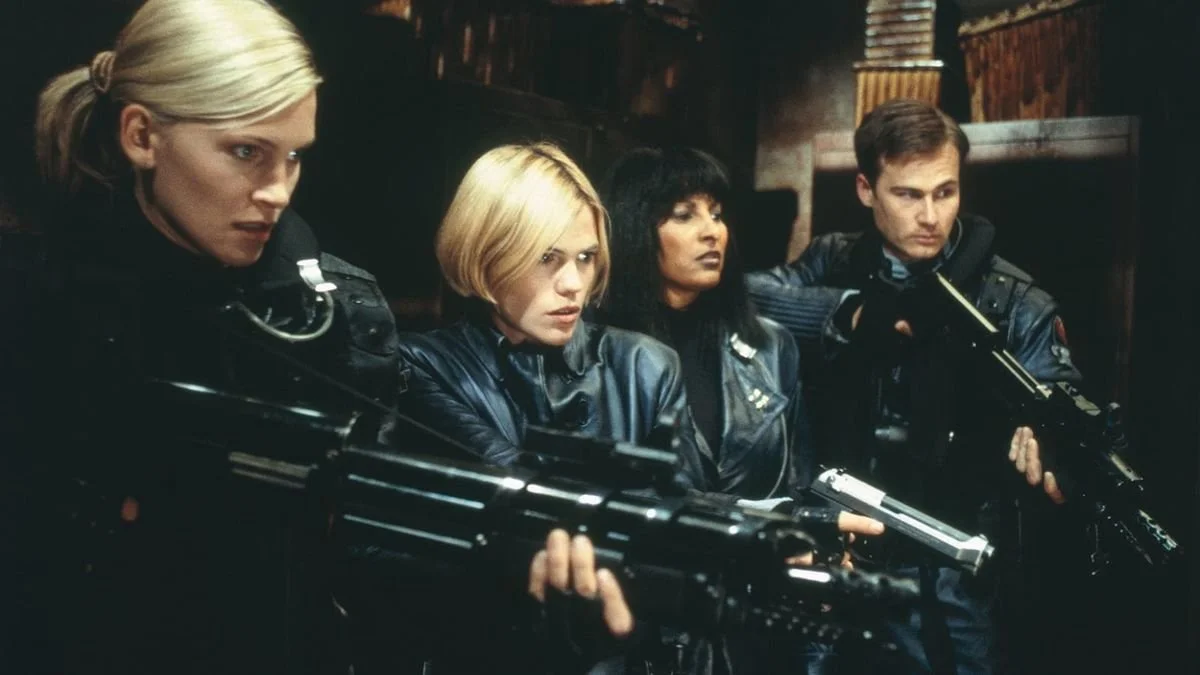Halloween Horror: Unfriended (2014)
The found-footage horror subgenre thrives off of verisimilitude. It operates on the belief that if you make the horror appear real, it becomes even scarier. Unfriended seems more real than most found-footage horror movies, concocting a modern twist on the slasher film by having all the action take place on one laptop screen. It’s a gimmick, but a successful one, as it restricts our perspective of the events in the film to that of the characters’—which is essential to good horror—and intuitively demonstrates how technology traps young people in destructive loops. It’s a terrifying little film, undeniably tied to the time in which it was made, but also insightful about how people navigate our new virtual world and the casual cruelty of teenage friendships.
The film starts with grainy footage of a young woman shooting herself in the head. This is Laura Barns, who we soon learn was driven to suicide by the cruel cyberbullying of her classmates, which culminated in the anonymous posting of a video of her drunkenly humiliating herself at a party. We learn this information by watching the computer screen of Blaire (Shelley Hennig), who was classmates with Laura, and who is still haunted by her death one year later. We watch Blaire read news stories of Laura’s death, look at Facebook feeds, pull up songs on Spotify, and video flirt with her boyfriend, Mitch (Moses Storm). Eventually, she hangs out with her other friends, Jess (Renee Olstead), Adam (Will Peltz), and Ken (Jacob Wysocki), over Skype, but an unknown caller with no video feed enters the chat. The caller claims to be Laura, who wants revenge on the people who drove her to suicide, and threatens that if anyone hangs up the call, they’ll die.
From there on out, Blair and her friends navigate the various games, threats, and dares over the video call and litigate their relationships to Laura and culpability in her death. In the process, we also learn about their strained relationships with each other, as every past slight or cruel lie is fuel for the vengeful caller to pit the friends against each other. Throughout it all, we never leave Blair’s video screen. The film plays out in real time and our view of the various actors is restricted to the webcam on their laptops. We are stuck in this nightmare and forced to see it through along with Blair and her friends, privy to no more information than is revealed in the chat and as subject to the visual terrors that appear on the screen as they are.
The approach is genius, but could’ve easily been boring or false. We’re all familiar with computer screens and the ways in which we navigate them, and so the film goes to great pains to simulate the experience of being on the computer (in this case a Macbook), without taking any shortcuts or simplifying for the sake of streamlined storytelling. The familiar movements of being online—typing, clicking, opening up new windows, dragging windows around, pulling up a song, closing a feed, trying to delete, trying to reboot, typing, or hesitating to type and erasing what’s already there—are all here. The strength of the film lies in the authenticity of its presentation and the way it imbues these familiar actions with tension. What is and is not typed, what is pulled up and when, and what is shown on screen or not builds tension and mystery.
The withholding of information in Unfriended is as essential as the restricted perspective. We assume Blair and the others know more than they admit, and because we see Blair’s screen and don’t just hear what she speaks aloud, we know when she is lying or not, hesitating to tell the truth, refusing to answer, or straight-up obfuscating on the call with her friends and the mysterious stranger. Open windows and past actions known only to her (and shown only to us) tell the lie of her admissions or false confessions. The tension builds and we, the viewer, fear everyone on screen is doomed, because the viewer has to experience that doom along with them.
The film slowly builds to a fever pitch revolving around a game of “Never have I ever,” in which the loser doesn’t drink, but dies. Seeing as the film is a teen slasher at its heart, about old sins resurfacing with the help of the supernatural, we do get the inevitable scenes of screaming and shouting and harrowed accusations and pleas for mercy soon followed by grisly violence. In this respect, the actual content on screen and the manner in which characters are dispatched is familiar to the genre. But the presentation is uniquely, brilliantly its own.
Implicit in the entire film’s approach is a chilling portrait of how cyberbullying works. Not only does the film make cyberbullying essential to its story—it’s the cause of Laura’s death and the past sin these characters have to atone for—but it also operates in a way that replicates the experience of a person being bullied online. By this, I mean that the film understands how teens who are bullied online cannot simply log off and ignore the pain inflicted on them. They engage with the world through their social networks, chat apps, emails, and video calls. To abandon online would be to abandon the world, and therein lies the trap the bullies can exploit. There’s no real escape.
Thus, Unfriended puts us in the situation of the victim. They cannot log off and ignore the vile bullying directed at them and we cannot turn away from the screen to ignore what happens to Blair and her friends. We’re stuck there on the screen, forced to engage, because this is the world to them. To us. What is virtual is real. And if ghosts are real, they exist online too. That’s what Unfriended shows in its own terrifying way.
8 out of 10
Unfriended (2014, USA/Russia)
Directed by Leo Gabriadze; written by Nelson Greaves; starring Shelley Hennig, Moses Storm, Renee Olstead, Will Peltz, Jacob Wysocki, Courtney Halverson, Heather Sossaman.



Kiyoshi Kurosawa’s 2001 J-horror film predicted the new millennium in terrifying ways.